Trusts are very useful because they split the beneficial enjoyment of trust assets from their legal ownership. Irrevocable Trusts with appointed trust protectors are excellent vehicles for income tax planning and asset protection.
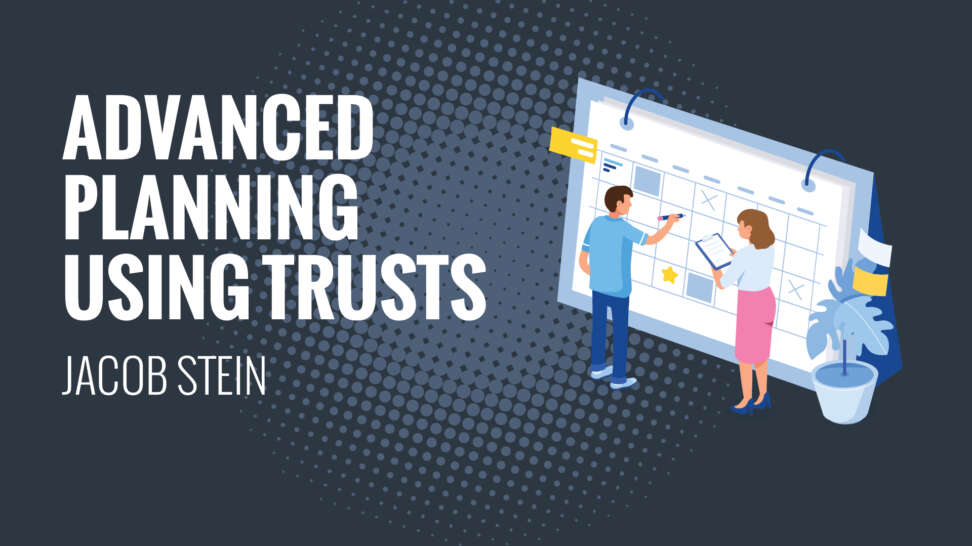

Trusts are very useful because they split the beneficial enjoyment of trust assets from their legal ownership. Irrevocable Trusts with appointed trust protectors are excellent vehicles for income tax planning and asset protection.
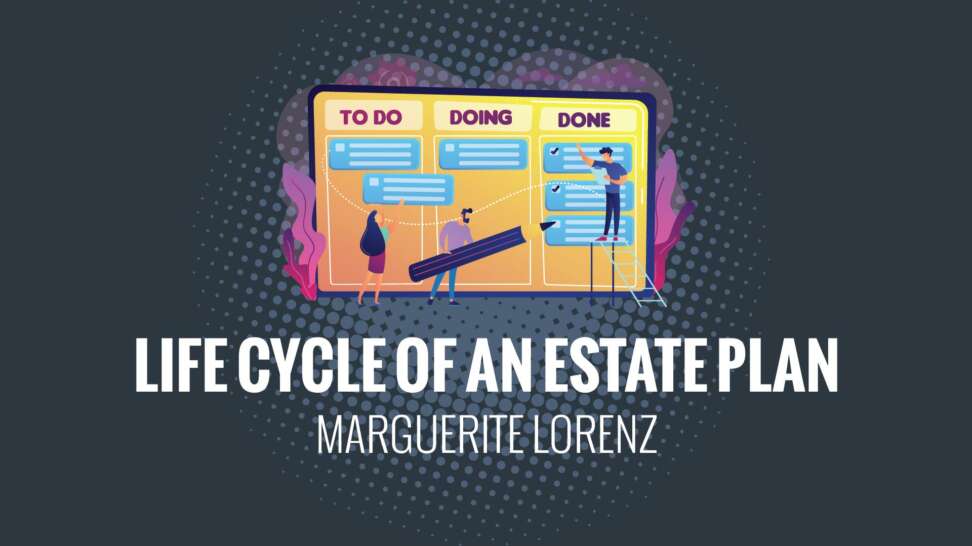
A professional Trustee and Executor, Marguerite Lorenz bases this CLE presentation on the life cycle of an estate plan and suggests ways for you to establish and maintain lasting relationships with your estate planning clients.
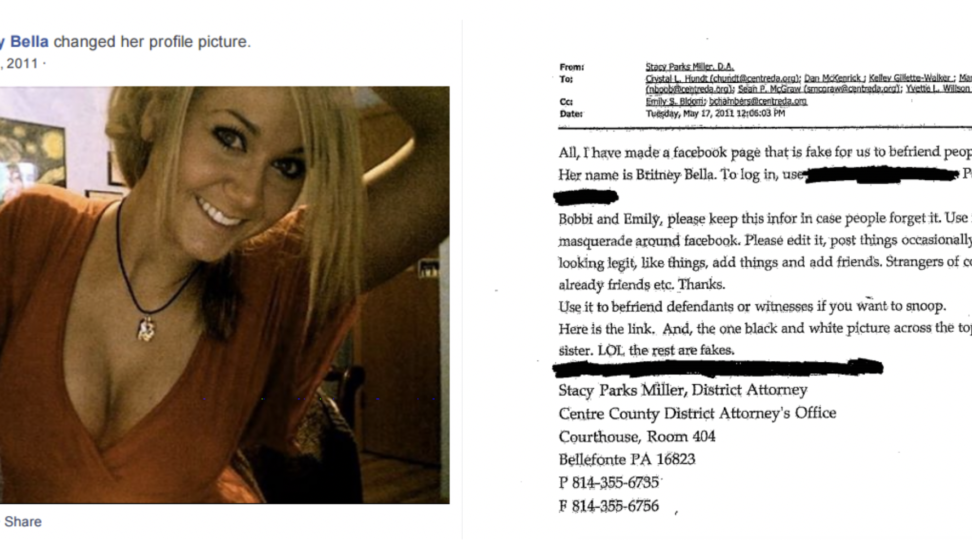
Yes, your online conduct and social media activities can get you into ethical trouble! Use good judgement when using social media in your practice and your personal life.

In order to post your CLE credits with the The Florida Bar, you will need to login to your account on the Florida Bar website and report your FL CLE hours.
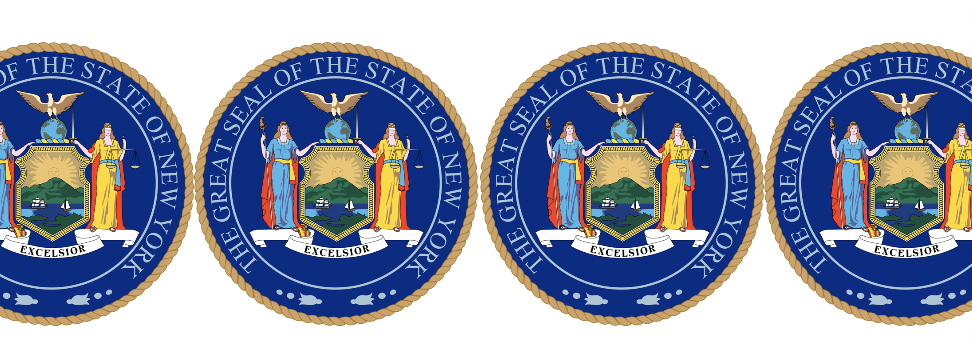
When is my CLE deadline? What is the new Diversity, Inclusion & Elimination of Bias CLE requirement? Can I take all 24 NY CLE hours via online CLE courses? Don’t worry we have the answers you need…. and all the New York CLE you need to take! How many hours can an experienced attorney take via online NY CLE Courses? All 24…
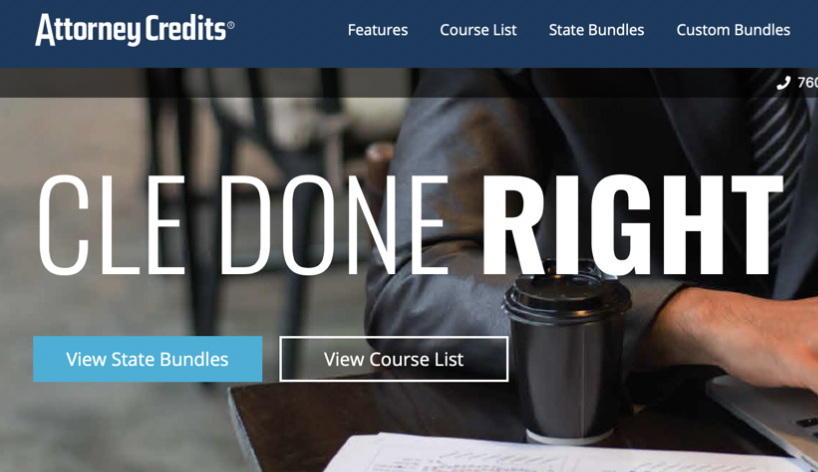
When we started Attorney Credits over 13 years ago, our mission was to provide attorneys with great CLE, at a great price, in a convenient online format. We were the first online CLE Provider to offer “CLE Bundles” at a reasonable price — and many companies have since tried to duplicate our success! Attorney Credits CLE Well, over 1.3 million certificates later,…
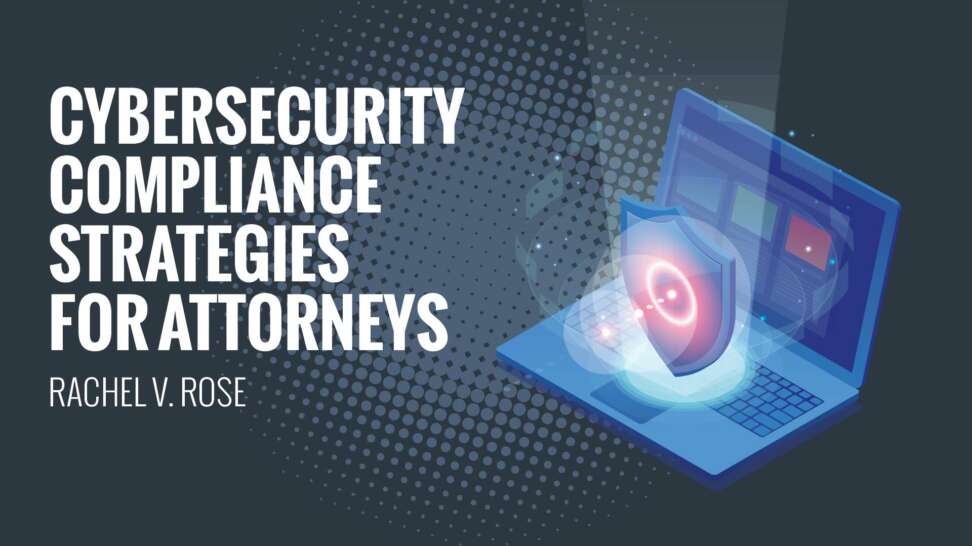
Cybersecurity – it’s not just for Bill Gates and computer geeks anymore. Many attorneys now have ethical and legal duties to be compliant with cybersecurity laws and also protect sensitive client information.
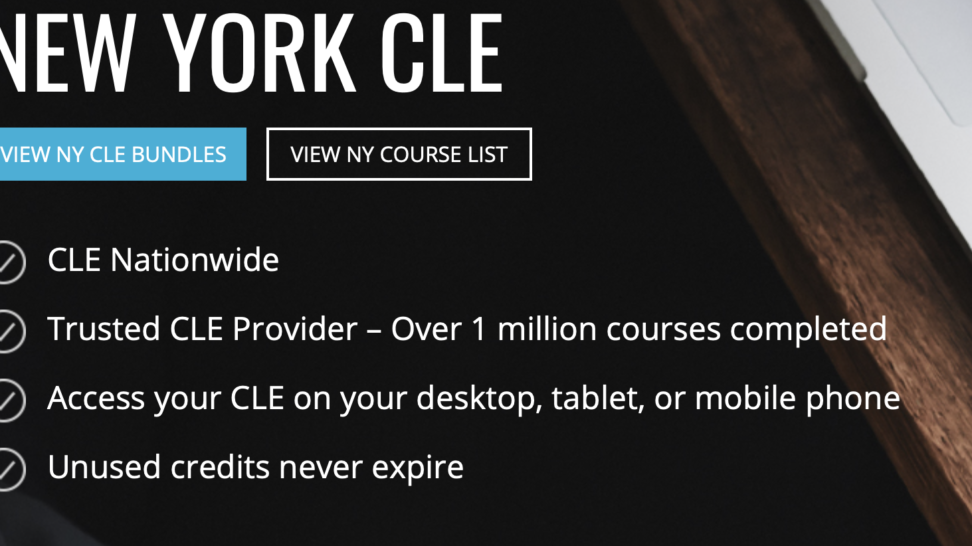
While many CLE companies produce and tailor courses for the big law firms of the Am Law 200, our goal is to provide CLE to small firm and solo attorneys. Our courses are delivered by attorneys like you that run their own practice or work in small firms.
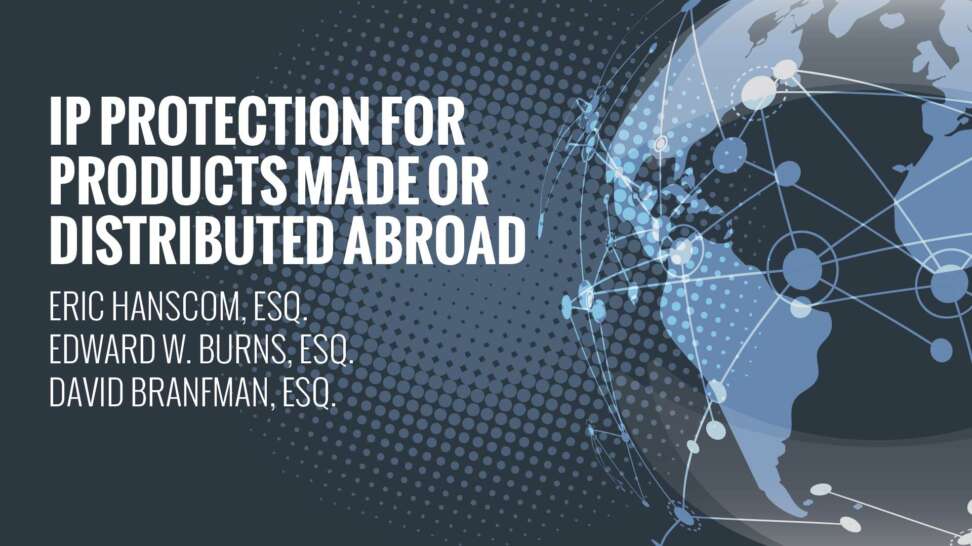
Everything from iPhones to flashy new rims for your car are manufactured by American companies overseas then distributed domestically and abroad. In this round table discussion, you will learn how to best protect your business client’s products that are distributed and manufactured in China and abroad.
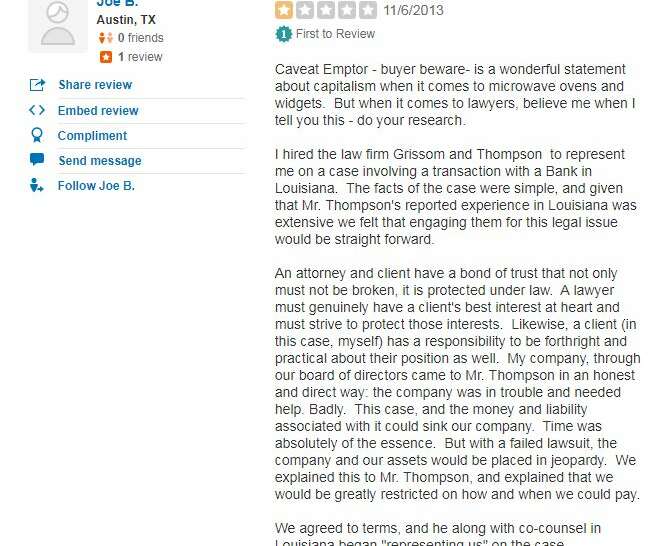
You get a frantic call from an attorney you’ve known since law school. Apparently, a person that she declined to represent left scathing, false reviews with one stars on a number of review websites like Yelp and RipoffReport.com. She is extremely distraught since she relies in the Internet for new clients and she wants your advice on what to do. Handling Online…